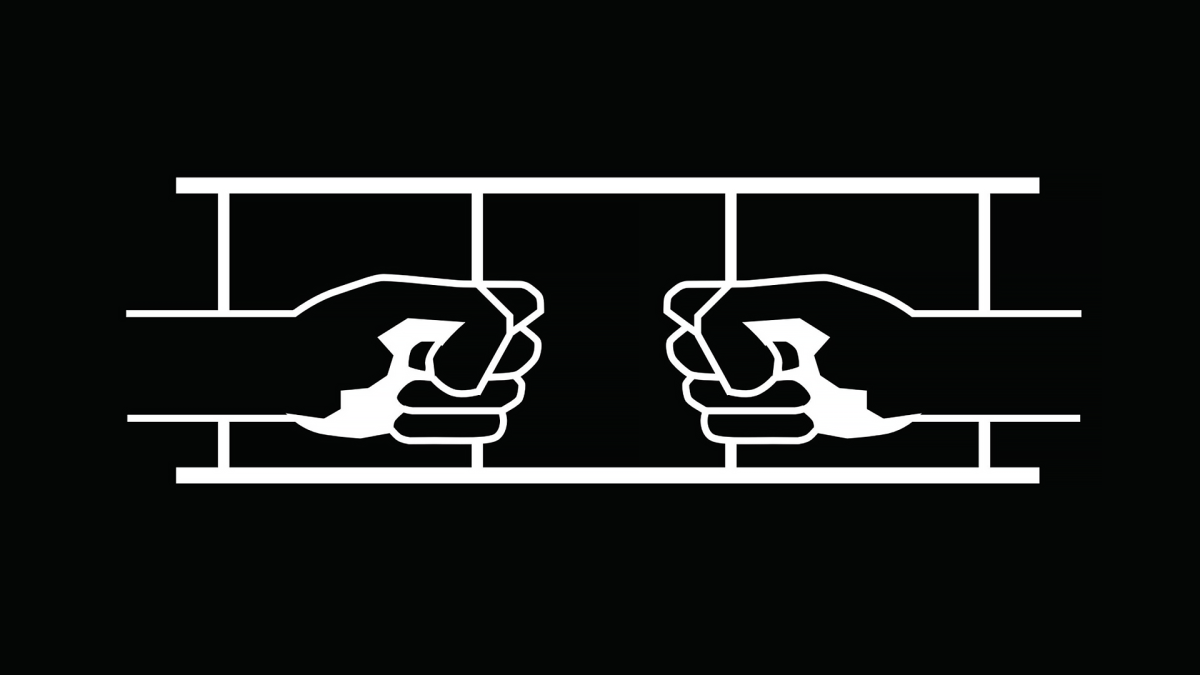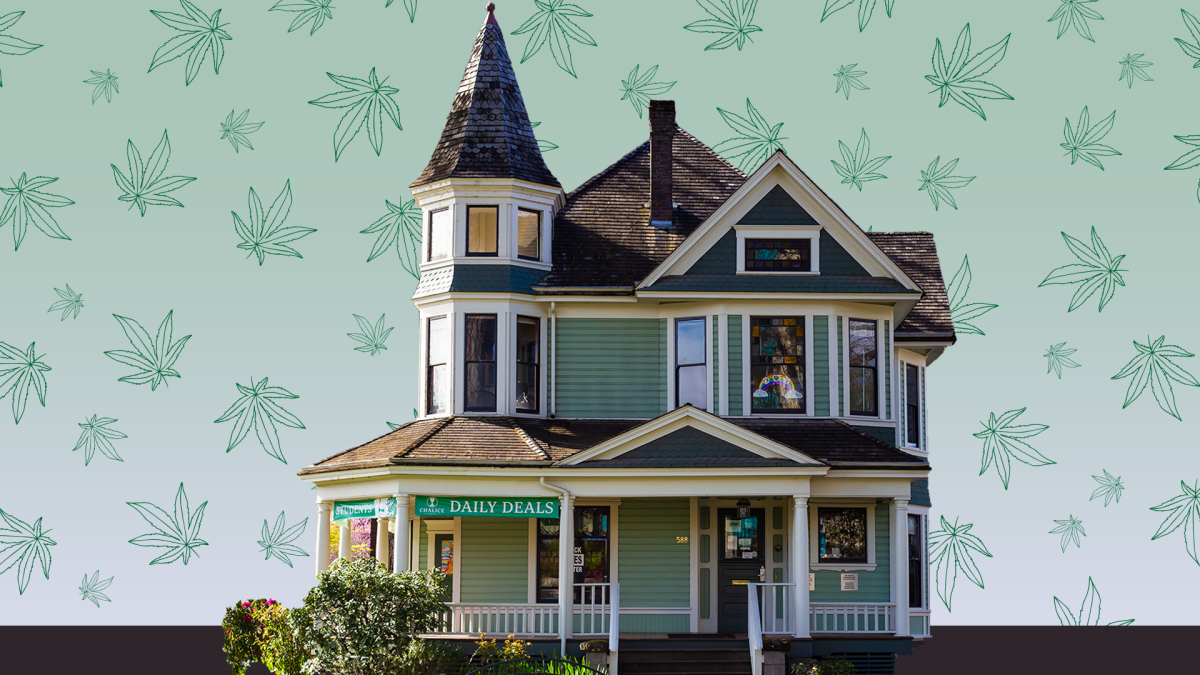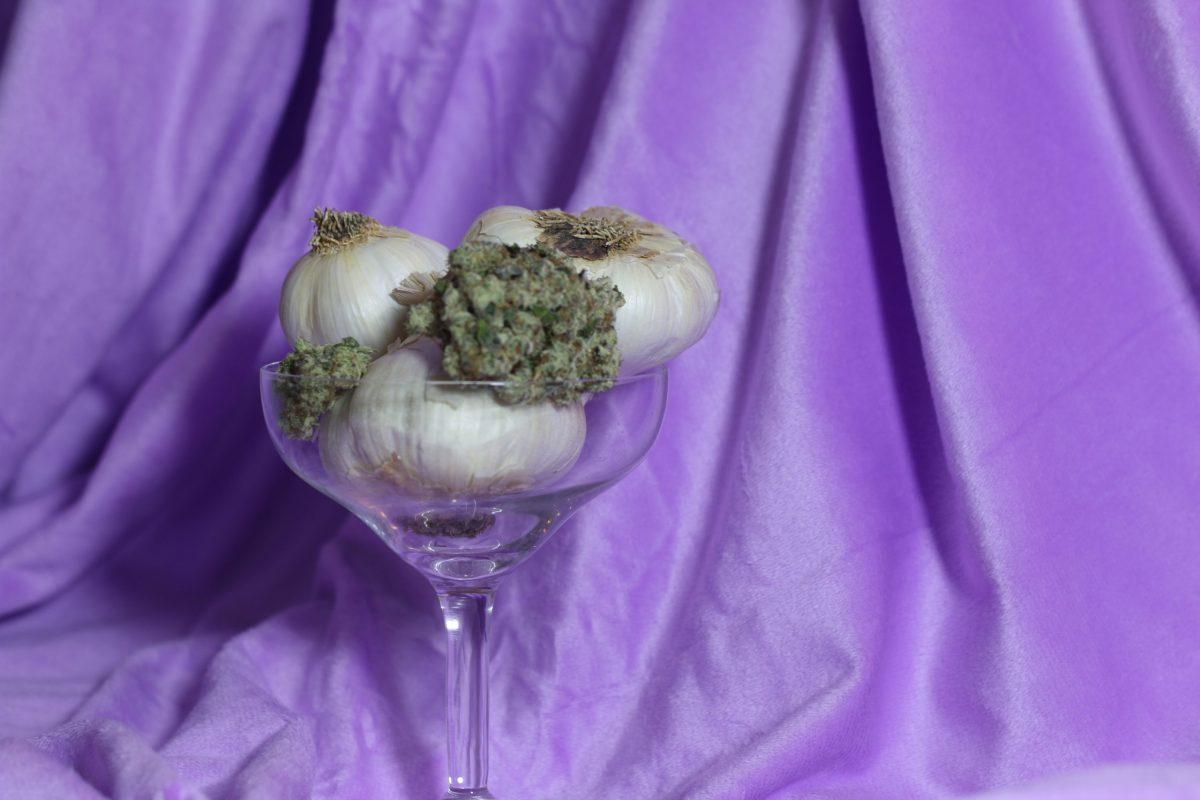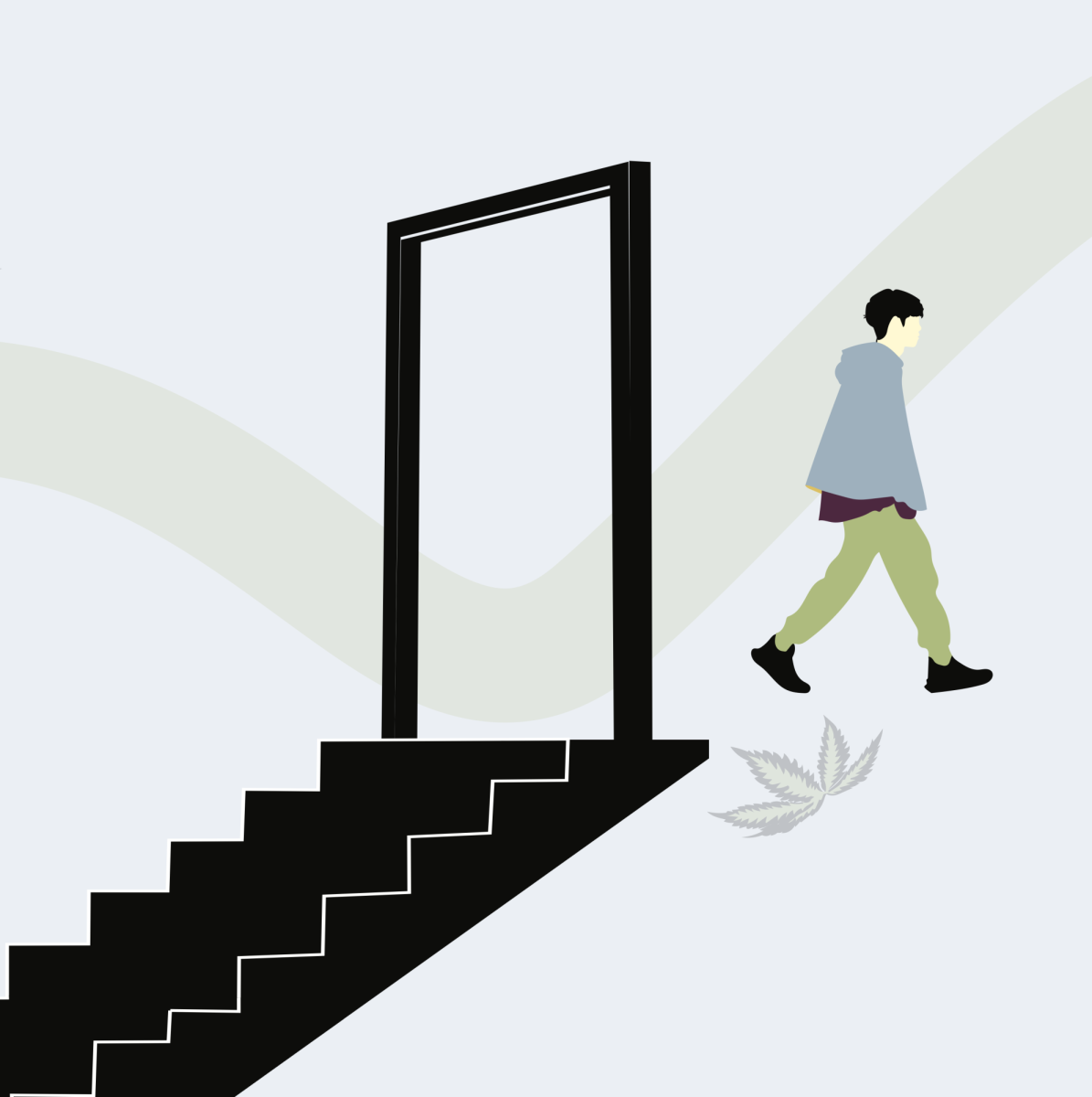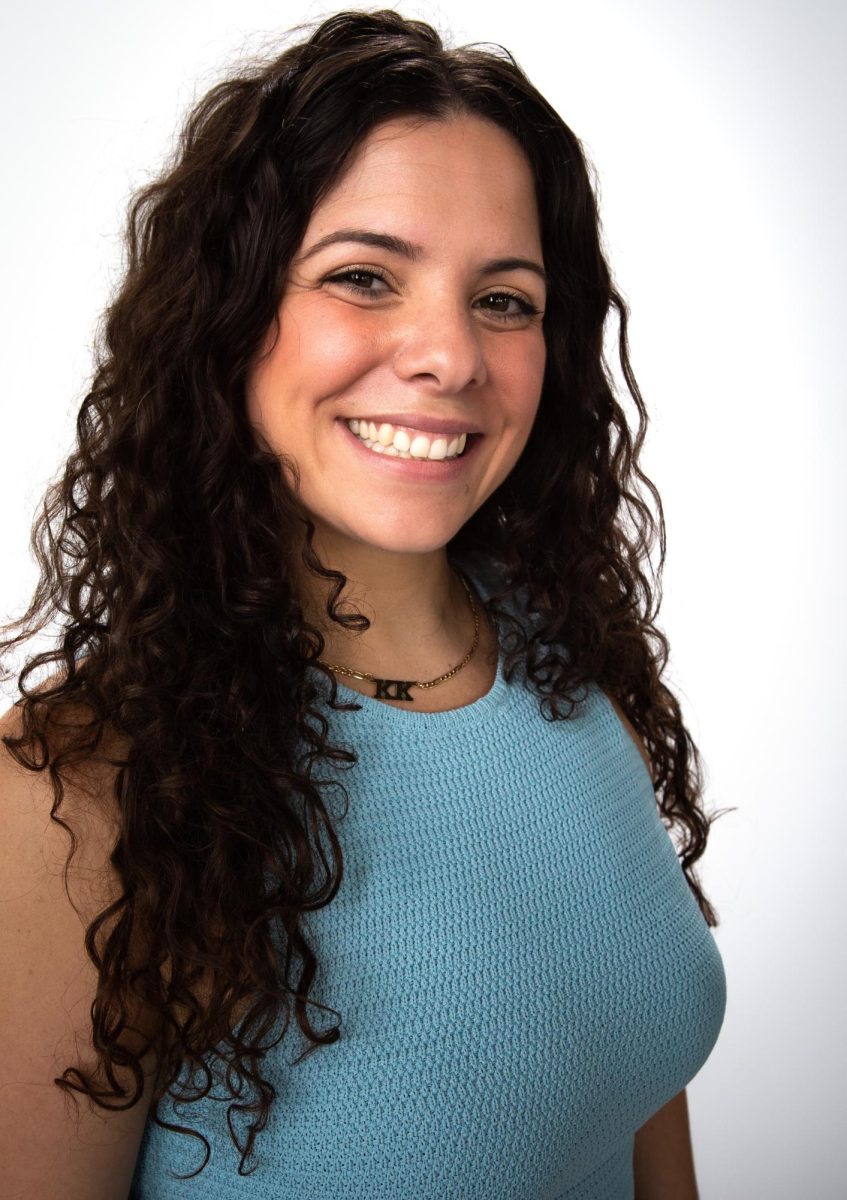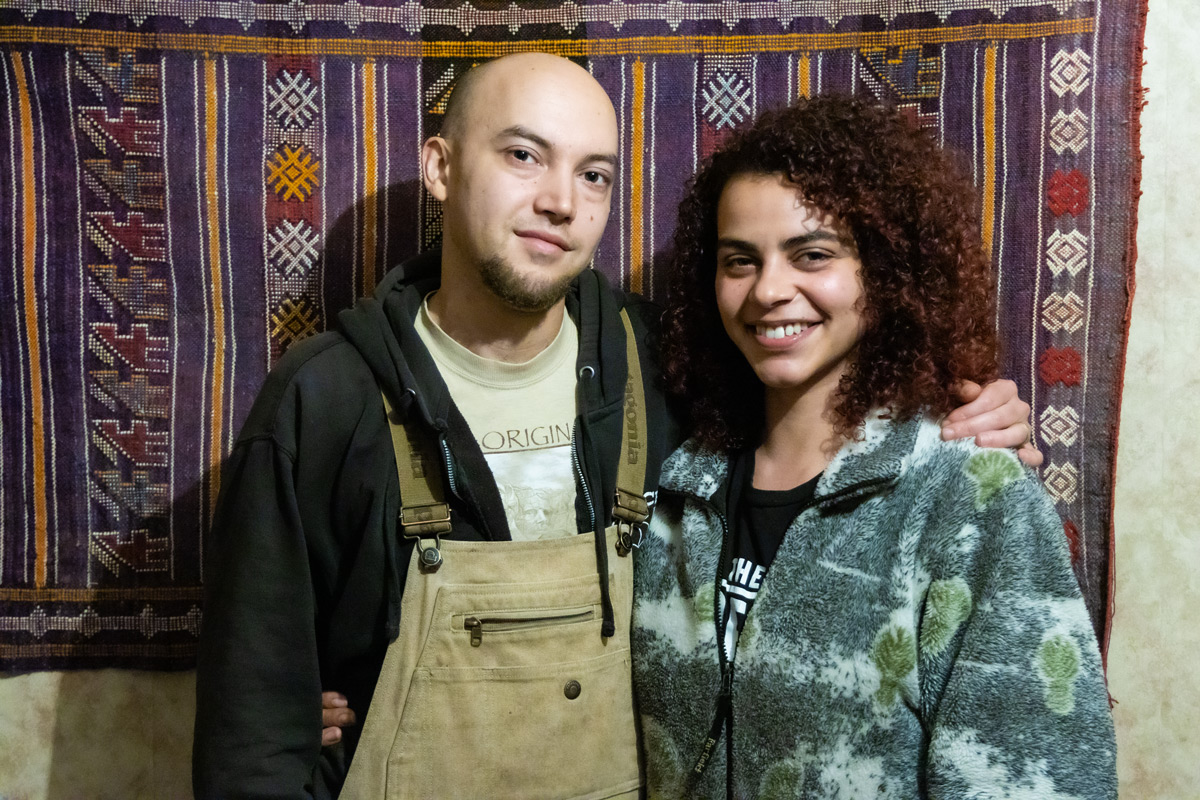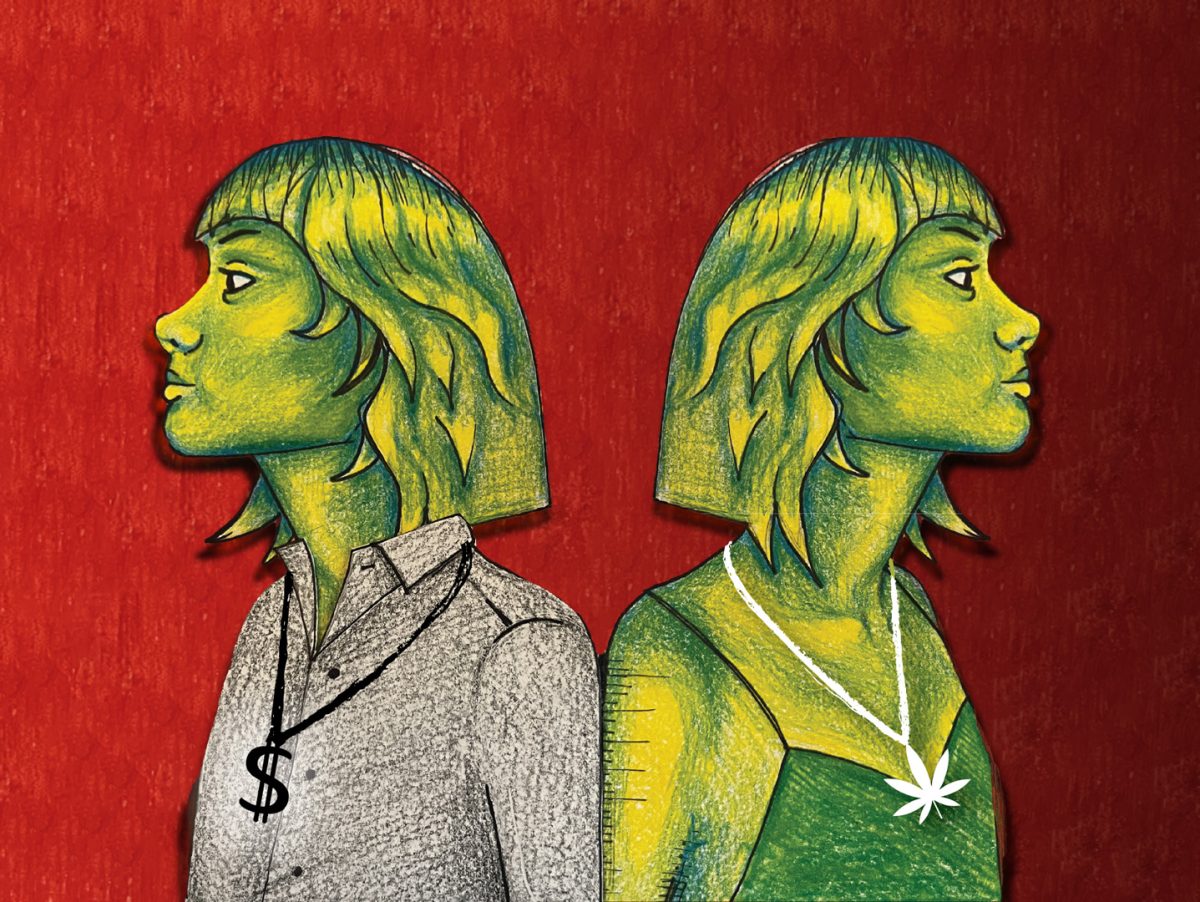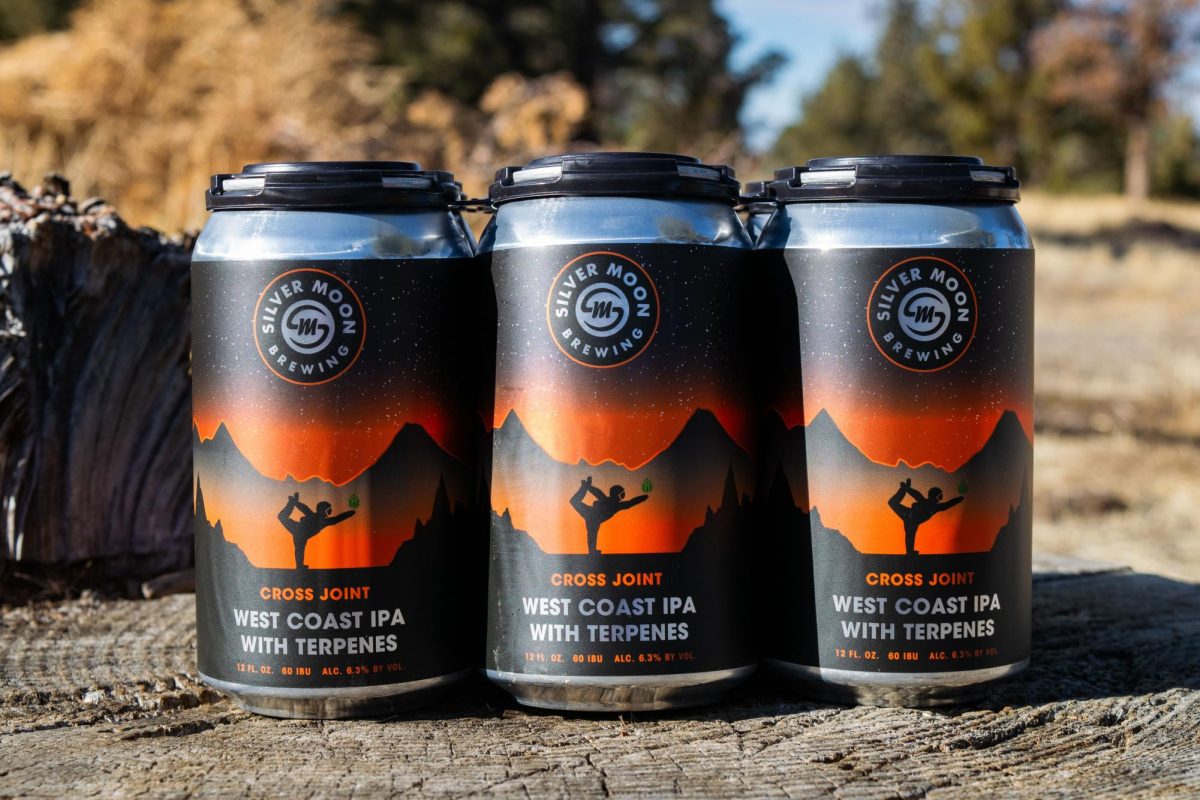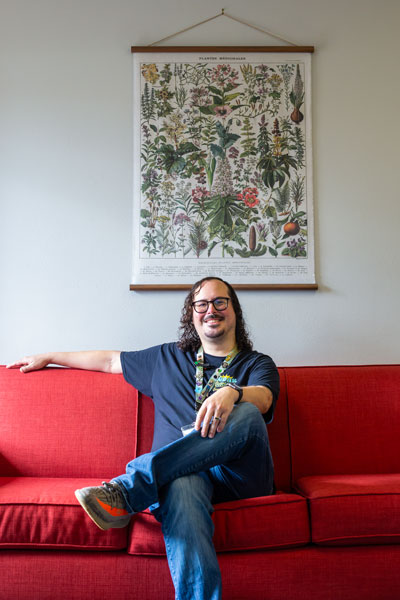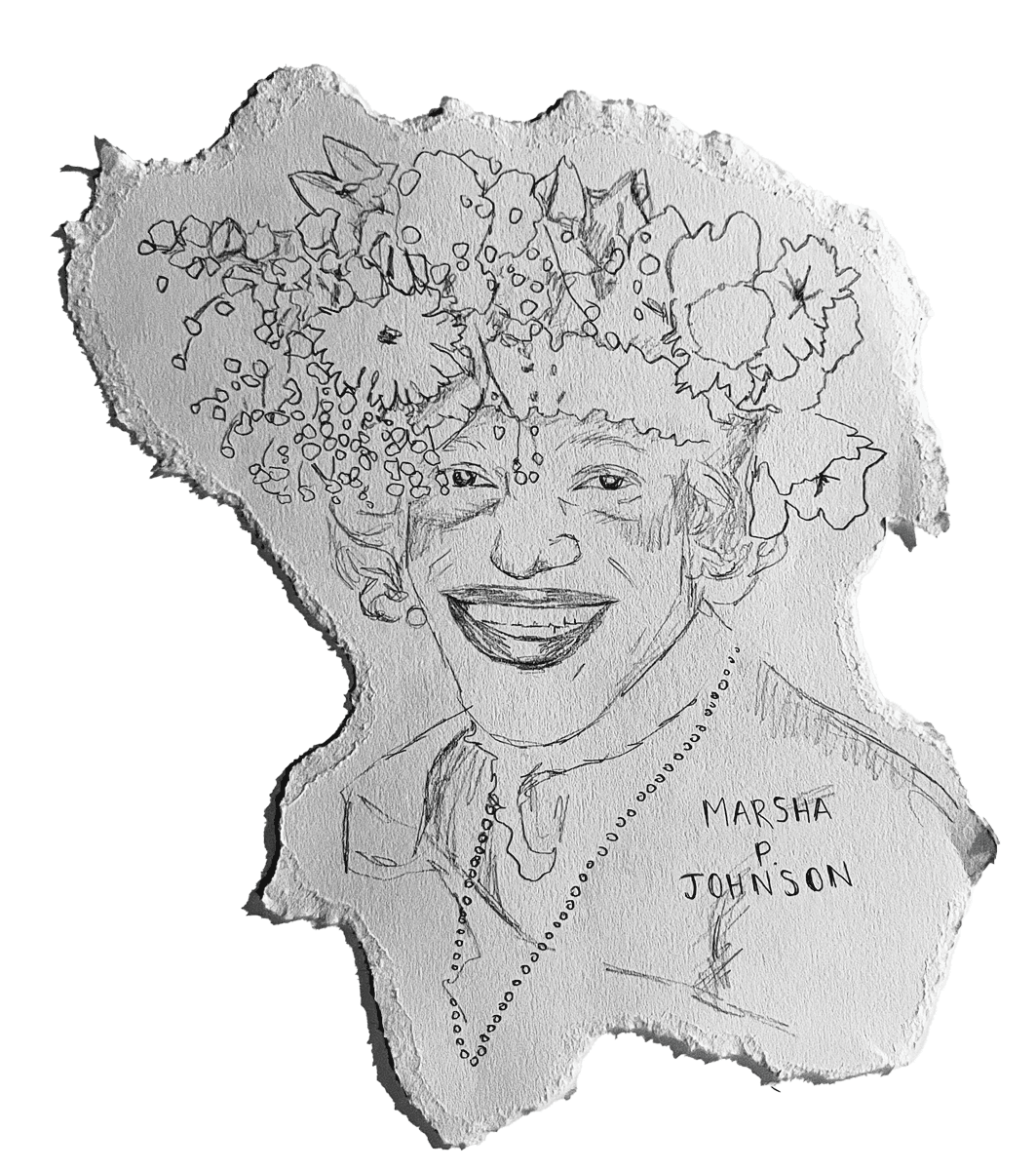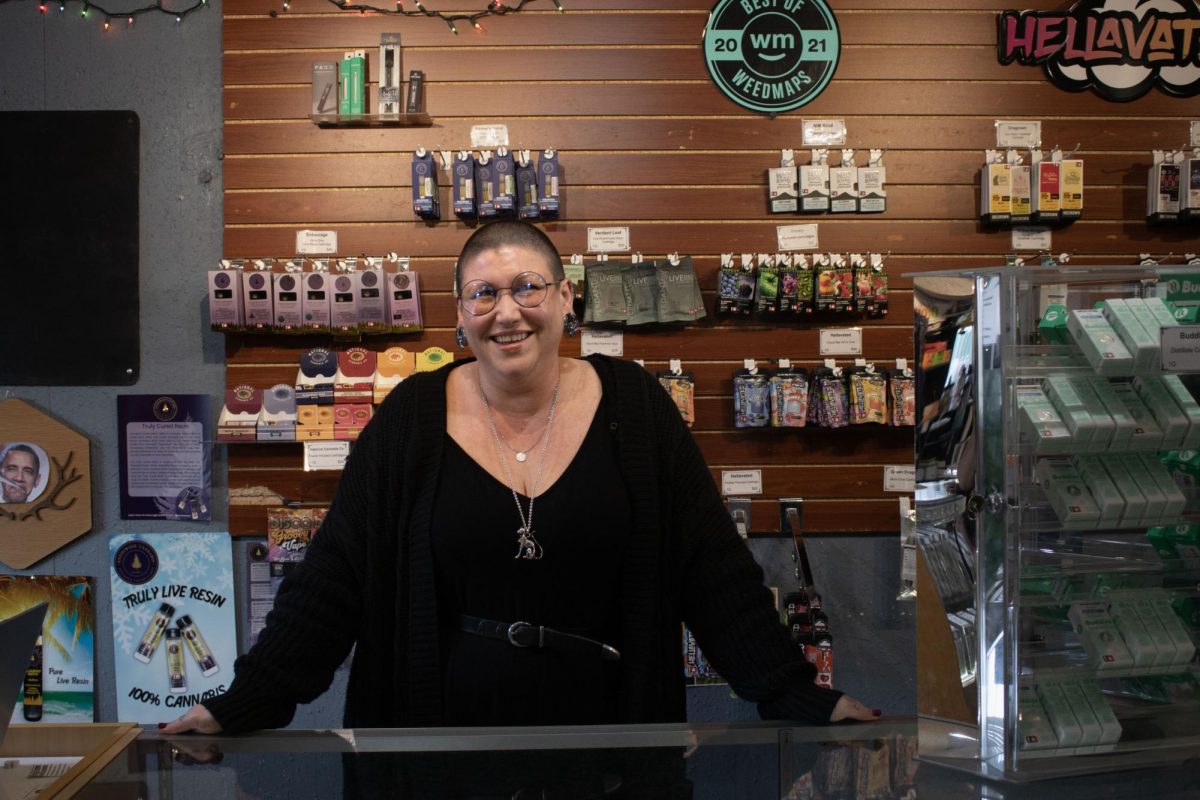As students come to Eugene, they’re immediately introduced to its culture: They witness the green that exists everywhere, the trees, the grass and the flower. It’s hard to miss the cannabis community when multiple dispensaries sit within a two-mile radius of each other. But what happens when the cannabis culture fuses with individual cultural backgrounds?
I spoke to a few individuals who shared their experiences with cannabis and how it influenced their relationships with their cultures. These experiences are nonexclusive to the heritages they are part of; no story expressed serves as a representative of the cultures as a whole. Individuals experience cannabis and the accompanying stigma differently, regardless of shared backgrounds and identities.

Alberto Guardado Castañeda, 21, Mexican American
Alberto Guardado Castañeda grew up in Portland, Ore. Surrounded by Mexican culture in his family and community, he grew up in a strict Catholic household. “My mom always, always, always kept us away from drugs or even mentioning drugs in general,” Guardado Castañeda said.
His first exposure to substances came from playing Grand Theft Auto, where he saw characters smoking cigarettes and consuming other substances. He was later exposed to cannabis use within Chicano culture in California, which inspired him to learn more about it. He faced the dilemma of wanting to educate himself about cannabis while wanting to avoid certain stereotypes.
“In Chicano culture, tattoos are pretty important, but my mom always said ‘Don’t do that or you’ll look like them — a felon,’” Guardado Castañeda said. A fear of cannabis and other substances was instilled in Guardado Castañeda from a young age due to his mother’s religious customs. Once he left for college, he realized he had the independence and autonomy he needed to safely explore cannabis use, especially for medicinal purposes.
“Drinking seems to be more acceptable in Hispanic culture than smoking, for some reason. Being away from the house and feeling safe with my friends were pretty much all I needed to go forward with it,” Guardado Castañeda said.
Over time, his parents had a change of perspective as they observed the medicinal benefits of cannabis consumption through his sister, who initially hid her usage from them at home. Now, his father buys cannabis from dispensaries for his sister, and his parents feel less strict and more neutral about it. “I don’t know when I’ll ever feel comfortable talking about smoking to my parents,” Castañeda shared, but he appreciates the effect that cannabis has had on him.
 Hamza Khan, 22, Pakistani American
Hamza Khan, 22, Pakistani American
Hamza Khan grew up in Portland with Muslim parents. “In my household, drugs were perceived the same way as alcohol, but I think they knew eventually I was going to try to experiment,” Khan said. “I’m the youngest in my family so all my siblings already went through the process of getting caught drinking and smoking.”
Khan was exposed to cannabis use through his friends and family. Even his grandfather smoked cannabis to increase his appetite when he was ill.
“I think [my parents] already knew that I was familiar with it so I don’t think they felt the need to educate me on it, and I don’t think they were too educated on weed themselves,” Khan said. “I think if it’s a religious family, then they’ll be like, ‘If you smoke weed, you’re not going to get into college or get a good job. You’ll be unmotivated, a lazy person.’ Then there are some people who are less religious, but still Pakistani, and I know it’s popular for people to put weed in their hookahs. It really just depends, but most people from my background are religious, and it’s really frowned upon and looked at as a delinquent activity.”
Kahn’s parents, who immigrated from Pakistan to the United States, were influenced by American culture to adopt a more relaxed approach to practicing their religion, which later extended to his siblings. “I’ve convinced my parents to smoke before,” Kahn said. His mom was not too fond of the experience.
Growing up, Kahn did not smoke to avoid becoming a “stereotypical stoner” like the ones portrayed in media as lacking intelligence and ambition. Yet, real-life encounters with those around him revealed that cannabis consumption didn’t necessarily conform to those stereotypes. Kahn feels he found a healthy balance between productivity and smoking because it’s done in moderation.
“What I realized from seeing people smoke weed is that everyone reacts to it differently,” Kahn said. “I realized it’s not necessarily the weed that’s making people behave a certain way, it’s more like how people react and build habits to the drug.”
 Abhijeet Joshi, 22, Indian American
Abhijeet Joshi, 22, Indian American
Abhijeet Joshi grew up in Portland. He quickly became fond of cannabis use after his friends asked him to give it a try.
“The only bad opinions I had about it were stoners who were associated with weed culture and how they appear as deadbeats or not productive in society,” Joshi shared. He witnessed his closest friend face homelessness due to being so consumed by weed that he was evicted from his parents’ house for lacking the drive to contribute to society; Joshi did not want to follow the same path.
“My parents are very religious, so anything you inhale or smoke, they associate it as something bad,” Joshi said. Joshi was raised by immigrant parents from India who practiced Hinduism. He acknowledges that the upbringing of his parents in India was a different experience to his growing up in the U.S., and this could potentially be a reason why they have different opinions of cannabis. He communicates in a separate family group chat with a few cousins who also use cannabis so they can share their latest experiences. As a child of immigrants, Joshi feels obligated to excel in his career, driven by the desire to meet his parents’ expectations.
“A lot of expectations from my parents made me look at myself in a way where I have to be productive [in order] to better myself,” he said. After he moved away for college, Joshi realized he possessed the freedom and autonomy he had been seeking to make his own decisions. To limit his cannabis use and reduce the fear of being unproductive, Joshi uses cannabis as his reward for completing all the items on his agenda.
“When I know I have to grind, I put all smoking aside, and when I’m done, then I’m like ‘I deserve this, I’m going to smoke,” he said. Joshi chooses to further educate himself about cannabis to address the stigma that exists within his family.
Diving into the fusion of cannabis culture with personal identity, the stories of these individuals highlight the complex relationships between heritage, upbringing and perception. Each story reveals a unique journey of navigating familial expectations, cultural norms and personal experiences with cannabis. These personal reflections offer a glimpse into the diverse perspectives and developing attitudes surrounding cannabis in different cultural communities. As individuals explore their identities and experiences, their stories show how cultural perception and personal choice are ever-changing.


